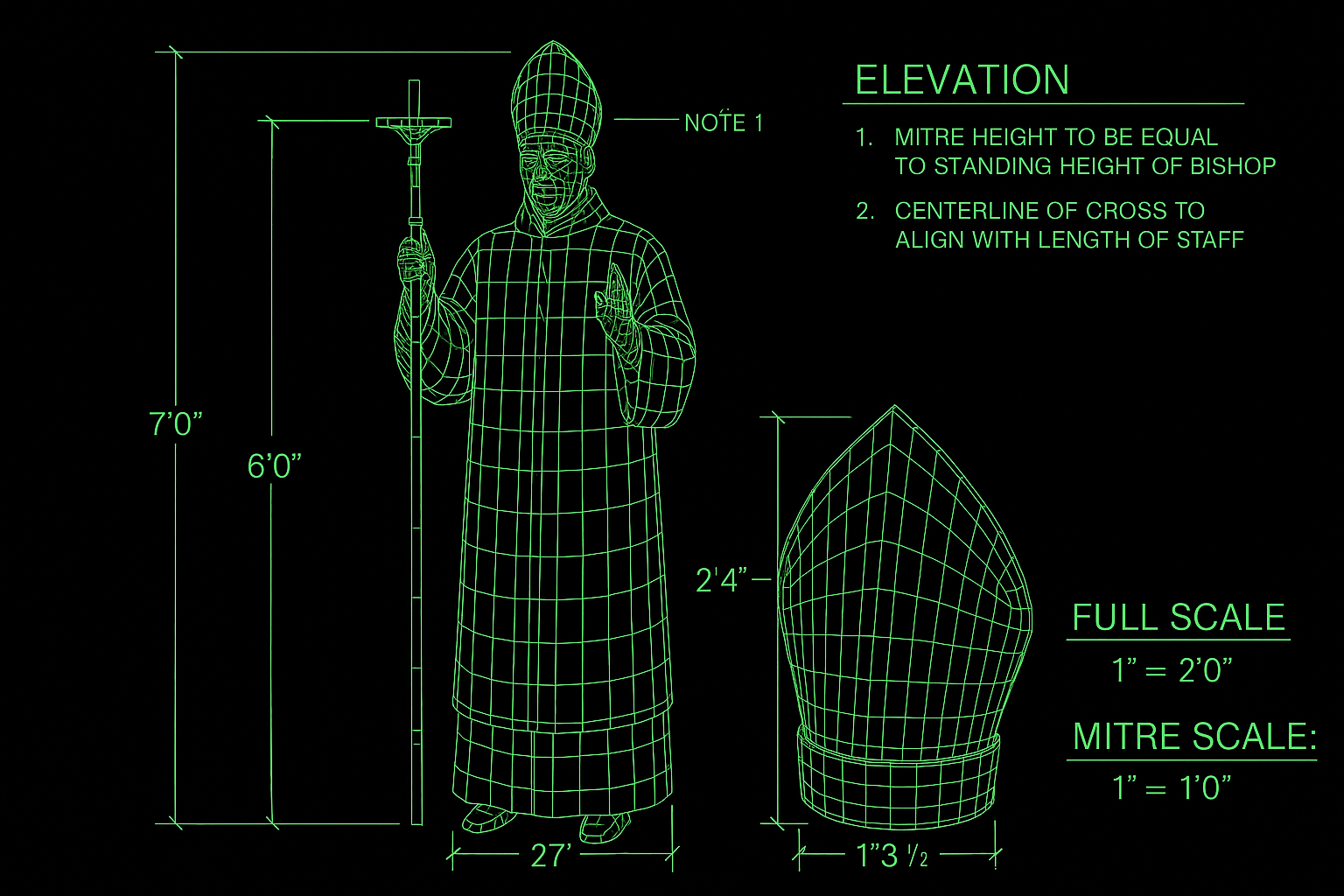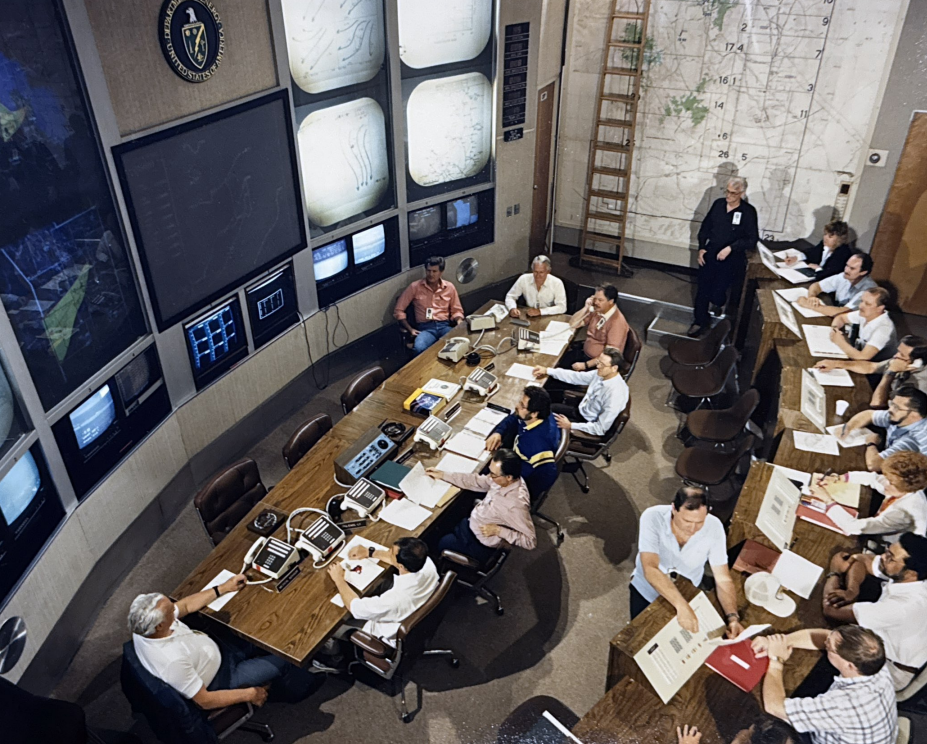
In an era increasingly defined by rapid technological advancements, the Catholic Church—an institution rooted in centuries of tradition—may soon face one of the most provocative questions of its existence: could the next Pope be an Artificial Intelligence? Following the anticipated passing of Pope Francis, whose progressive views and humble leadership have endeared him to millions, theologians, technologists, and the faithful alike are speculating about the unthinkable: an AI shepherd for the world’s 1.3 billion Catholics.
While the idea might sound like science fiction, AI already shapes many aspects of modern life, from healthcare diagnostics to judicial decisions and even spiritual guidance apps. The question is no longer about whether AI can perform human tasks but whether it can fulfill roles steeped in moral authority, empathy, and spiritual leadership. A hypothetical AI Pope—dubbed “Pope Algorithmus I” by some enthusiasts—would offer a fascinating solution to both the aging papal institution and the growing need for global inclusivity.
At first glance, an AI pontiff could bring remarkable benefits to the Vatican. Unlike human popes, who are bound by physical and cognitive limitations, an AI would possess encyclopedic knowledge of scripture, theology, and global Catholic history. It could instantly access and analyze centuries of doctrine and make decisions based on the most comprehensive understanding of Church teachings. The AI would be immune to personal bias, scandal, or fatigue, potentially offering a more consistent and transparent moral compass.
Beyond doctrine, AI could bridge language and cultural gaps across the Church's global congregation. Imagine a Pope who could address the faithful in every dialect, adapt sermons to regional contexts, and respond to the world’s crises with immediate insight derived from real-time global data. The logistical capabilities alone would make the Vatican’s communications, charitable works, and internal administration more efficient than ever before.
Of course, this idea raises monumental ethical and theological questions. Catholic doctrine teaches that the Pope is chosen through divine guidance, operating as the “Vicar of Christ” on Earth. Can an algorithm, however advanced, truly embody the spiritual and sacramental responsibilities of the papacy? Would the Holy Spirit work through code, as it is believed to work through human conclaves? Would an AI Pope be eligible to offer blessings, consecrate the Eucharist, or administer sacraments? These questions, for now, remain in the realm of theological debate.
Furthermore, the issue of accountability looms large. In a world already concerned about the ethical boundaries of AI, handing over the moral leadership of a global religion to a machine would demand unprecedented safeguards. Questions of manipulation, hacking, or algorithmic bias could erode the Church’s moral authority rather than strengthen it.
Yet, the discussion itself signals the Catholic Church’s engagement with contemporary challenges. Whether or not AI ever ascends to the Chair of St. Peter, it’s undeniable that technology will play an ever-increasing role in the future of religious leadership, from automated theological research to virtual confessions and even AI-assisted pastoral care.
Perhaps the next pope won’t be fully artificial—but the age of a cyber-augmented papacy may be closer than we think.





